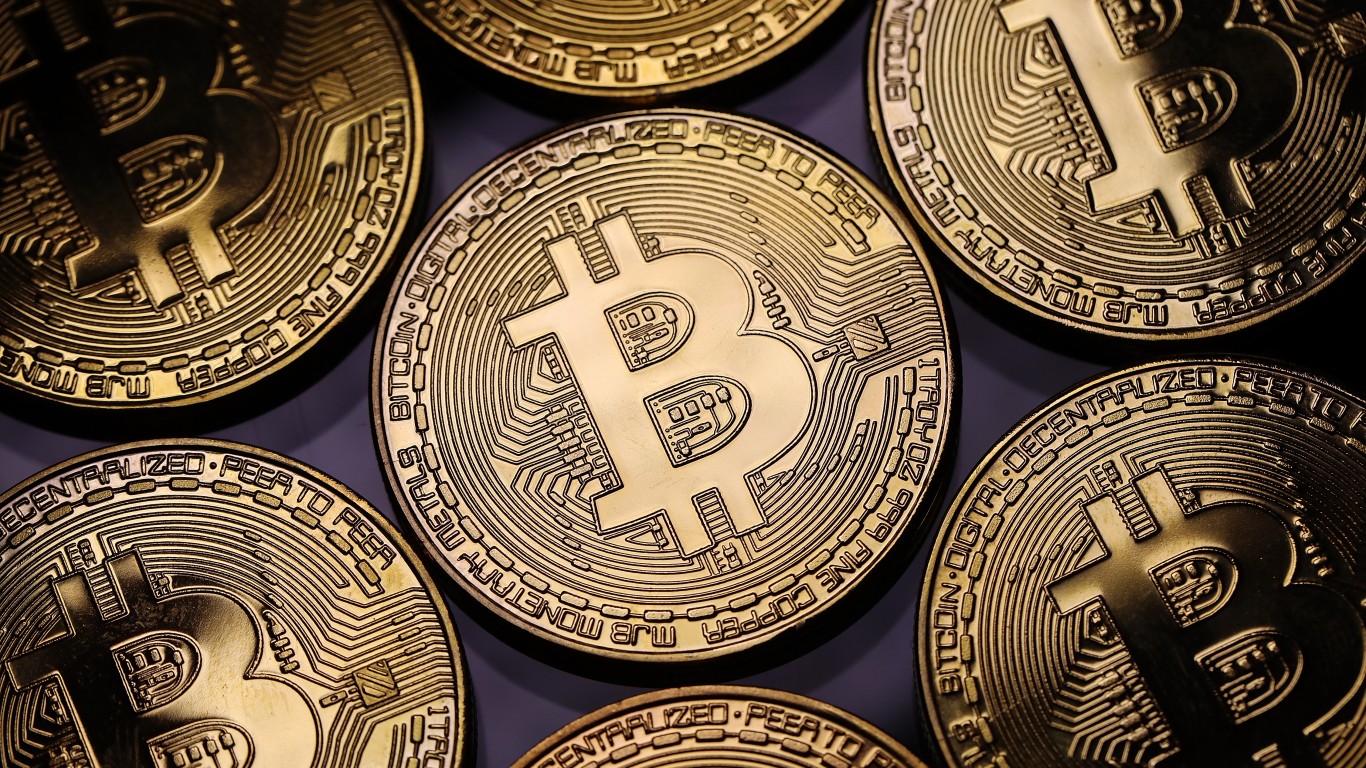
Recently-launched Ordinals protocol, which enables Bitcoin-native on-chain NFTs, has once again stirred up debates between different groups of Bitcoin proponents. Bitcoin purists argue that the effort is a waste of energy as the network should solely focus on financial transactions. In contrast, others advocate for new use cases, including support for digital art.
What is the Ordinals Project?
Ordinals Project is a new protocol based on the Bitcoin network that enables users to explore, transfer, and receive individual satoshis, which can include unique inscribed data. Designed and deployed by former Bitcoin Core contributor Casey Rodarmor, the project allows for the transfer of individual satoshis. It uses this to create an anchor to peg to it an NFT.
Rodarmor said the protocol uses “inscriptions,” which are arbitrary content like text or images that can be added to sequentially numbered satoshis or “sats” – the atomic unit of Bitcoin – to create unique “digital artifacts” that can be held and transferred across the Bitcoin network like any other sats.
Notably, Bitcoin’s 2017 scaling proposal called Segregated Witness (SegWit), along with the more recent implementation of the Taproot upgrade, which brought smart contract functionality to Bitcoin, have made Ordinals possible.
Ordinals Project Sparks Debate Among Community
The project has sparked some controversy among Bitcoinists since its release. Some so-called Bitcoin purists have lashed out at the project, arguing that Bitcoin was designed to focus solely on financial transactions. Adding other features could come at the cost of scalability and higher costs.
“Bitcoin is designed to be censor resistant. This doesn’t stop us from mildly commenting on the sheer waste and stupidity of an encoding. At least do something efficient,” Blockstream CEO and long-time Bitcoiner Adam Back said.
Similarly, Twitter user “Bitcoin is Saving” told their 237,600 followers on Jan. 29 that “privileged wealthy whites” wanting to use JPEGs as status symbols may exclude marginalized people from participating in the Bitcoin network. “Just because you can doesn’t mean you should,” they added.
It is worth noting that Bitcoin purists have opposed the addition of other use cases, too, before Ordinals. For instance, the anonymous creator of Bitcoin, Satoshi Nakamoto, rejected the idea of integrating a domain name system (DNS) into Bitcoin called BitDNS, saying that combining all proof-of-work consensus systems into one dataset would not be scalable.
On the other hand, Rodarmor and supporters of the protocol mention that it can attract more people and extend the Bitcoin network’s use cases. For one, Dan Held has described it as a net benefit for Bitcoin, saying, “It brings more financial use cases to Bitcoin and drives more demand for block space (aka fees).”
In an interview on Hell Money Podcast, Rodarmor claimed that Ordinals was created to bring memes to life on Bitcoin. “This is 100% a meme-driven development,” he said.
Nevertheless, the positive or negative impacts of the Ordinals project are still up for debate, and it remains to be seen which side wins community approval.
This article originally appeared on The Tokenist
Thank you for reading! Have some feedback for us?
Contact the 24/7 Wall St. editorial team.





